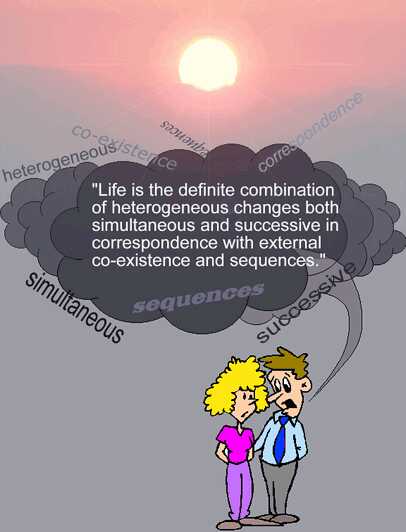You’ve probably not met The Active Enzyme Lemon-Freshened Junior High School Witch. Maybe she’s alive and well on a planet a constellation near Andromeda; we don’t know for sure and humility prompts us to realize that there are a few corners of the universe we’ve not yet visited. But she has such a charming name that, in a serendipitous mood, we might be half-convinced that she is quite real. In any case, a book for children was written about her, but unlike many related texts it does not purport to be anything other than fiction. Fiction often overlaps with fanciful abstractions and the real and unreal are intricately interwoven. We also know that many abstract words are only “shadows hiding a vacuum.” And what we know about the “The Active Enzyme Lemon-Freshened Junior High School Witch,” is that she is a high-flying abstraction pieced together from things that we do have knowledge of.
The thing about the witchery of high-flying language is its emotional appeal. It is glamorous, and at the same time often touches on matters of real importance: God, love, death, humanity, finding the right path, our place in cosmos, our true nature… These are so important, so luminous in the depth of consciousness that we may find them compelling even when badly expressed and mixed with all manner of invented balderdash. So when we encounter a truth that is distorted, watered-down, and morphed with extraneous material of all sorts–even then–we may find this pseudo-truth attractive and absorbing. The words we hear and the associations they evoke work magic so that anything with some real truth in becomes a challenge. And like the Active Enzyme Lemon-Freshened Junior High School Witch, the name can be so charming that we may be half-convinced by the name alone. This particular witch is an abstraction, selected and composed from a wide array of things.
The root meaning of the word “abstract” is to “draw away,” in essence to draw away from the things physical, concrete, and specific. If one were aspiring to things spiritual, this would seem, at first thought, to be a good idea. But some mentally unhealthy conditions are also characterized by withdrawal. So what are the differences between the benign metaphysician and the neurotic?
One difference, semantically defined, is what we might call word/reality split. It is the disunion between the words and the things or realities that they stand for. Often, we listen to someone using high-level abstract words, and we don’t know what they’re talking about. In such cases, there are at least two possibilities: either our experience is too limited or uneducated for comprehension, or they actually don’t know what they’re talking about. In this latter case the person who has “lost touch” doesn’t know it and are quite sure that they know what they’re talking about. They may be proud of their language and love the associated emotions.
We live in a “New Age” of information and misinformation overload, and this poses special challenges for us. In the metaphysical and philosophical world, there are thousands of competing verbalizations with contradictory pronouncements. If we gulp down lots of metaphysics, unless we’re an exceptionally well-rounded and clever, we’re apt to wind up with fine case of muddle-de-physics.
Naturally, many of us think—prematurely–that we’re exceptionally well rounded and clever, and so are quick to get into trouble. Which brings up the next notable difference between a metaphysician and neurotic: ego. Knowledge of a special language makes us feel special. Familiarity with lofty terms seems to elevate us, and set us apart from the crowd. We may become part of a world saving in-group. We are trying to be less lonely and be recognized for our knowledge and high status. Salvation of the world is, of course, an essential and admirable pursuit. And it would benefit all of us if more of those enthusiastically engaged in this activity did know what they were talking about, and if they actually could fly as high as the witchery their words suggests.
“It is inherent in our intellectual activity that we seek to imprison reality in our description of it. Soon, long before we realize it, it is we who become prisoners of the description.” —Aneurin Bevan
“Great God, what a universe! And we discuss it over our teacups as though it were a thing we carried in our waistcoat pockets.” –L. P. Jacks
“Men suppose their reason has command over their words; still it happens that words in return exercise authority on reason.” –Bacon
“The world is satisfied with words. Few appreciate the things beneath.”—Pascal




